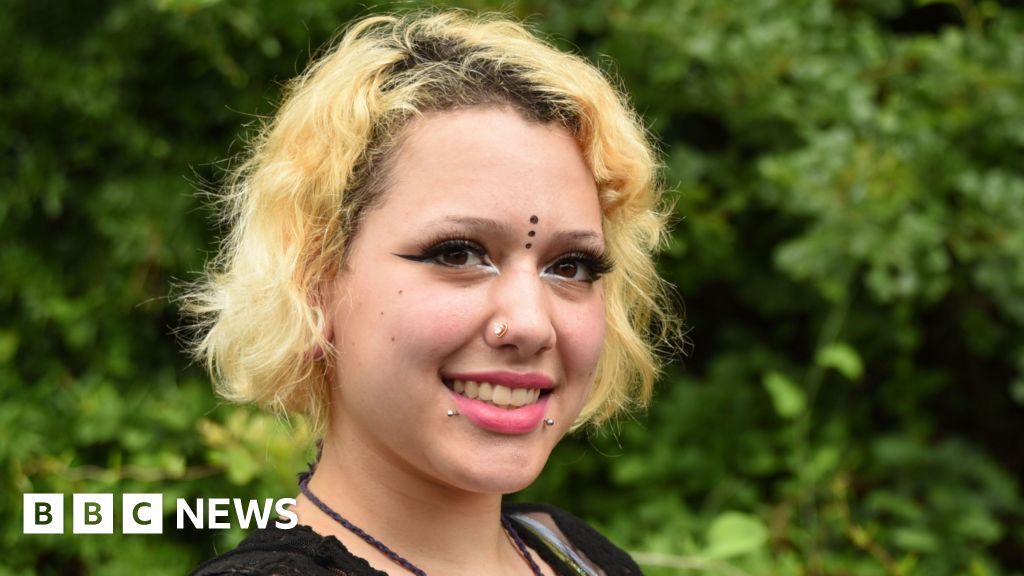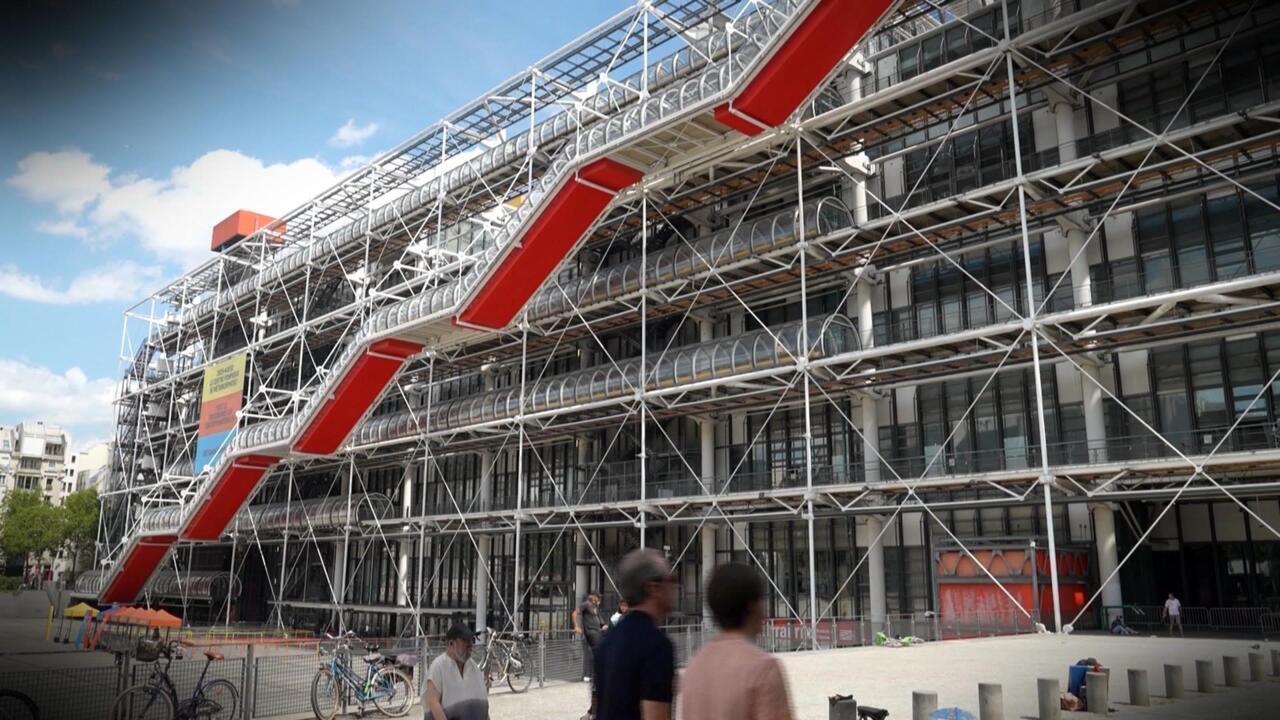Turkey has deployed dozens of disaster relief specialists to help search for bodies beneath the mountains of rubble in Gaza, as US President Donald Trump issued a warning to Hamas on Thursday over a spate of recent killings in the territory.
Trump described the killings as a breach of the ceasefire deal he spearheaded — under which the Palestinian militant group returned its last 20 surviving hostages to Israel.
Hamas says it has also handed back all the bodies of deceased captives it can access, but the remains of 19 more are still unaccounted for and believed to be buried under the ruins alongside an untold number of Palestinians.
The group stressed its “commitment” to the ceasefire deal with Israel — and said it wanted to return all remaining bodies of hostages left in Gaza.
However, in a statement it added that the process “may require some time, as some of these corpses were buried in tunnels destroyed by the occupation, while others remain under the rubble of buildings it bombed and demolished.”
Turkey has sent staff from its disaster relief agency to assist in locating the bodies, but families of the dead have expressed anger at Hamas’s failure to deliver their loved ones’ remains.
Read moreAs Israeli forces withdraw after ceasefire, Hamas tightens its grip on the streets of Gaza
The main campaign group representing the hostages’ families demanded on Thursday that Israel “immediately halt the implementation of any further stages of the agreement as long as Hamas continues to blatantly violate its obligations regarding the return of all hostages and the remains of the victims.”
Prime Minister Benjamin Netanyahu reaffirmed his determination to “secure the return of all hostages” after his defence minister warned on Wednesday that Israel “will resume fighting” if Hamas fails to do so.
Trump had initially called for patience over the return of the bodies — insisting that Hamas was “actually digging” for the hostages’ remains — but later expressed frustration on Thursday with the group’s conduct since the ceasefire took effect.
“If Hamas continues to kill people in Gaza, which was not the deal, we will have no choice but to go in and kill them,” Trump said on Truth Social, apparently referring to recent shootings of Palestinian civilians.
Hamas has been accused of carrying out summary executions in Gaza since the truce began. Clashes have also erupted between the group’s various security units and armed Palestinian clans — some of which are alleged to have Israeli backing.
Aid hopes
The ceasefire has brought the two-year war to a halt after prolonged suffering — two years of anguish for the hostages’ families and relentless bombardment and hunger for Gazans.
According to Trump’s 20-point plan for Gaza, the next stages of the truce are to include the disarmament of Hamas, an offer of amnesty to its leaders who surrender their weapons, and the establishment of post-war governance in the territory.
The plan also calls for the renewal of humanitarian aid — with international organisations awaiting the reopening of southern Gaza’s Rafah crossing in the hope it will enable a surge of supplies.
Israeli Foreign Minister Gideon Saar said on the sidelines of a summit in Naples that preparations were being made for the reopening of the strategic crossing — and that he “hoped” it would reopen on Sunday, according to Italian news agencies.
Read moreIsrael instructs military to prepare to ‘defeat Hamas’ in case of renewed fighting
However, Israel said earlier on Thursday that the crossing would only be open to people, not aid — and Saar did not appear to elaborate, according to the reports.
The humanitarian situation has remained dire in Gaza throughout the war — with the UN declaring famine in parts of the north in August. The World Health Organization has warned that infectious diseases are “spiralling out of control” — with only 13 of the territory’s 36 hospitals even partially functioning.
“Whether meningitis, diarrhoea, or respiratory illnesses — we’re talking about a mammoth amount of work,” said Hanan Balkhy, regional director for the UN health body, speaking to AFP in Cairo.
‘My children are home’
The families of the surviving hostages have finally been able to rejoice after two long years without their loved ones.
“My children are home! Two years ago, one morning, I lost half of my family,” said Sylvia Cunio, mother of Ariel and David Cunio, who were released from captivity.
Israel returned the bodies of 30 Palestinians to Gaza on Thursday, the territory’s health ministry said. Under the ceasefire deal, Israel was to hand over the bodies of 15 Palestinians for every deceased Israeli returned.
For many in Gaza, the relief at the end of the bombing is overshadowed by the sheer scale of the destruction.
“There’s no water — no clean water, not even salty water, no water at all. No essentials of life exist — no food, no drink, nothing,” said Mustafa Mahram, who returned to Gaza City after the ceasefire.
“As you can see, all that’s left is rubble.”
The war has killed at least 67,967 people in Gaza, according to the health ministry in the Hamas-run territory — figures the United Nations considers credible. The data does not distinguish between civilians and combatants but indicates that more than half of the dead are women and children.
Hamas’s October 7, 2023 attack on Israel killed 1,221 people — mostly civilians — according to an AFP tally based on official Israeli figures.
(FRANCE 24 with AFP)











 English (US) ·
English (US) ·